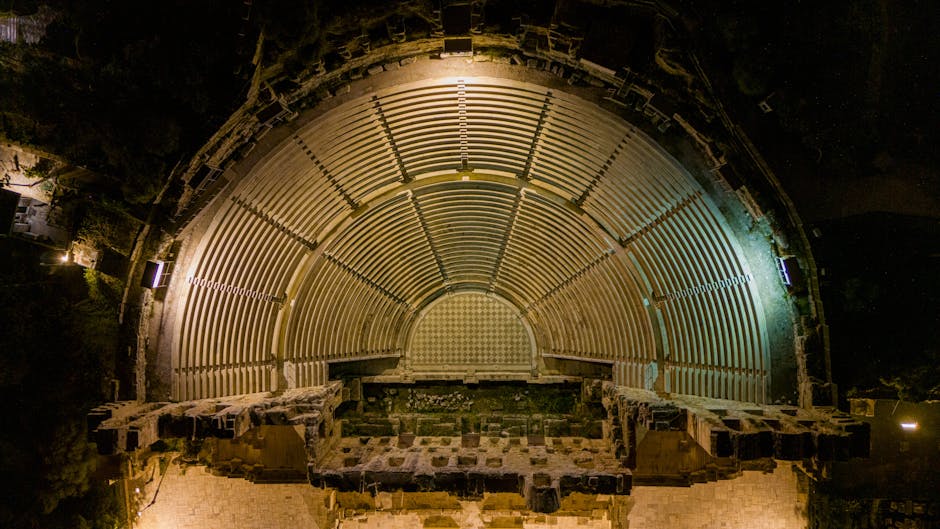One significant group whose histories are routinely minimized are women. Throughout history, women’s contributions to society, from political leadership and intellectual pursuits to economic activity and social reform, have been consistently underrepresented, often relegated to the margins of historical accounts. Primary sources frequently focus on the actions and perspectives of men, reflecting the patriarchal structures prevalent in many societies. Even when women held positions of power, their stories are frequently filtered through a male-dominated lens, minimizing their agency and accomplishments. Archaeological evidence, though gradually improving, also reflects this bias. Excavations often prioritize the uncovering of structures associated with male-dominated activities, overlooking the domestic spaces and artifacts that might reveal the lives and activities of women. Recent advancements in archaeological methodologies, such as bioarchaeology and isotopic analysis, offer opportunities to reconstruct women’s experiences in more detail, challenging long-held assumptions about their roles in ancient societies.
Indigenous populations across the globe face a similar erasure. Colonial narratives frequently marginalized or completely ignored the rich and complex histories of indigenous communities, often replacing them with a story of conquest and civilization. The destruction of indigenous knowledge systems, oral traditions, and material culture through colonization further compounded this problem. Archaeological sites sacred to indigenous communities were often looted or destroyed, resulting in the loss of irreplaceable cultural heritage. Furthermore, the interpretation of archaeological findings frequently reflects colonial biases, with indigenous perspectives often absent or minimized in favor of narratives that reinforce dominant colonial ideologies. Efforts are now underway to engage indigenous communities in collaborative archaeological projects, fostering respectful partnerships that allow indigenous perspectives to shape the interpretation of their own past.
The histories of enslaved people also remain profoundly incomplete. The enslavement of Africans and other populations across the globe resulted in a systematic suppression of their voices and experiences. Many historical records were created by enslavers, reflecting their biased perspectives and minimizing the resilience, agency, and cultural richness of enslaved people. Archaeological evidence, while potentially revealing the physical conditions of enslavement, often fails to capture the complexities of enslaved people’s lives, their resistance strategies, and their rich cultural traditions. Growing efforts are being made to recover and interpret archaeological evidence from plantations and other sites associated with enslavement, centering the narratives of enslaved people and giving voice to their experiences. Oral histories, genealogical research, and the analysis of artifacts recovered from sites of resistance offer valuable avenues for reconstructing these previously hidden narratives.
Similarly, the history of marginalized groups based on class, religion, sexual orientation, and disability remains largely untold. Individuals from lower socioeconomic classes often lacked the resources to leave behind extensive written records, while the experiences of religious minorities, LGBTQ+ individuals, and people with disabilities were often suppressed or actively erased. This omission leaves a significant gap in our understanding of the social and cultural dynamics of the past. Archaeological approaches, like the analysis of skeletal remains to understand health disparities and the study of material culture to reveal the lives of marginalized communities, are crucial to fill these gaps. The growing field of disability studies in archaeology actively challenges ableist interpretations of the past, promoting a more inclusive understanding of human experience.
The missing stories are not simply isolated incidents; they collectively reveal a systemic bias in historical scholarship. The dominance of certain narrativesthose of powerful elites, colonizers, and dominant cultural groupshas systematically marginalized the experiences of others. Addressing this requires a fundamental shift in the way history is researched, written, and taught. This involves actively seeking out marginalized voices, incorporating diverse perspectives, employing rigorous methodologies that minimize bias, and critically examining the power dynamics embedded within historical narratives. A more inclusive and representative historical record is not merely a matter of academic correctness; it is crucial for fostering a more just and equitable present and future. The ongoing work of uncovering these missing stories is not simply about adding details to an existing framework but fundamentally reshaping our understanding of the past, recognizing the complexity and diversity of human experience throughout history.
